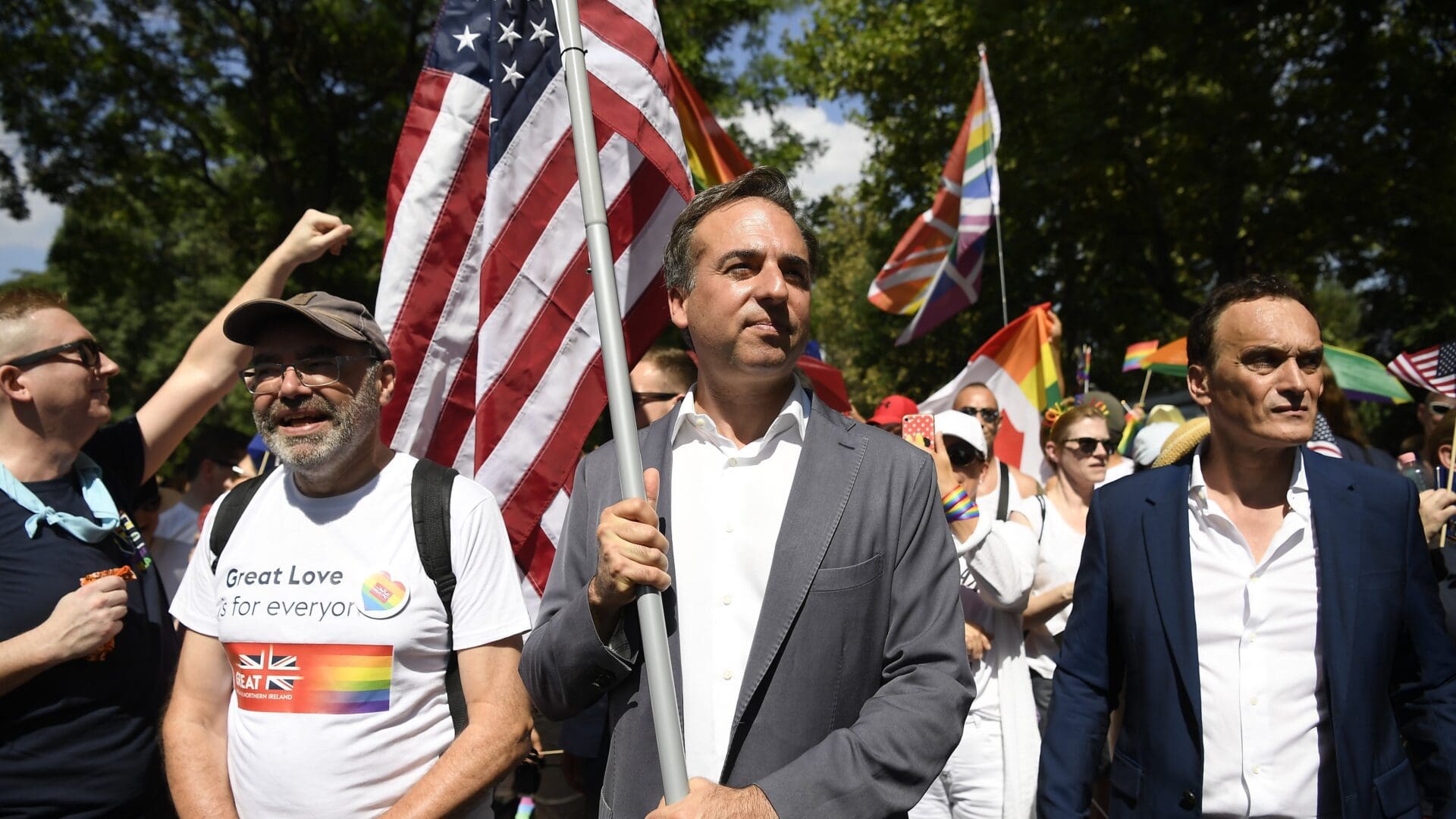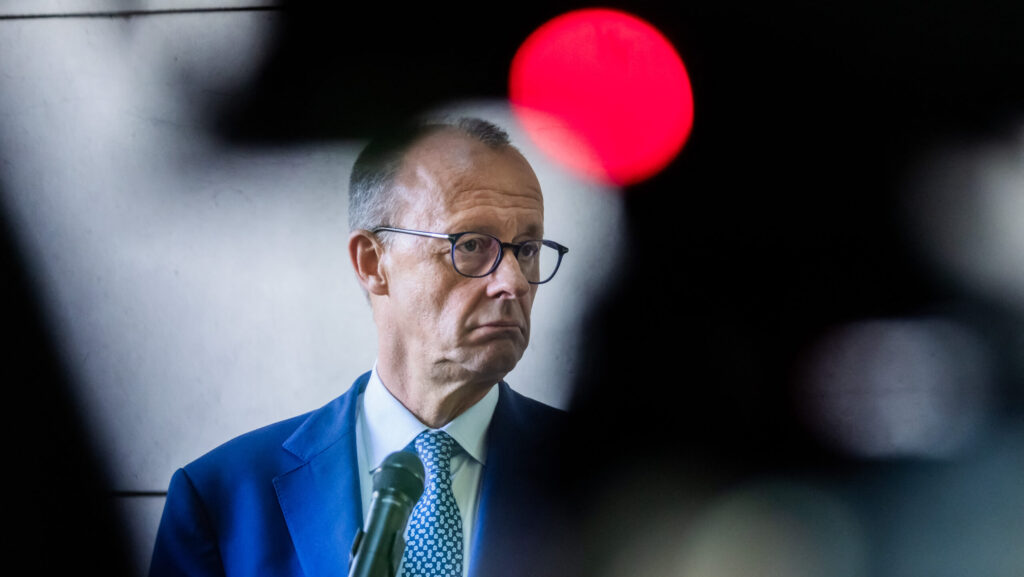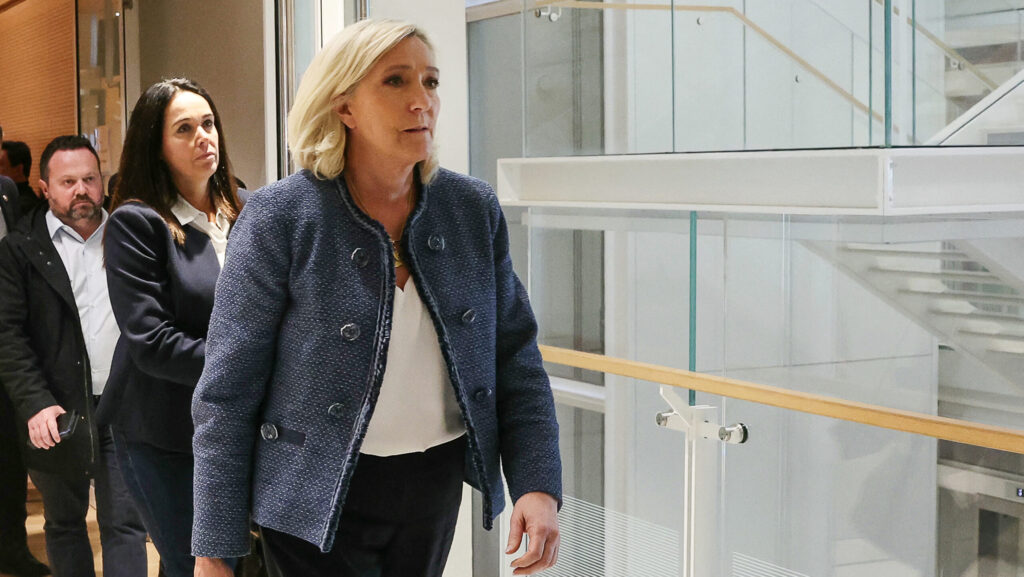David Pressman, the US Ambassador to Hungary, gave an interview to the liberal commercial television channel RTL, in which he discussed the results of last Sunday’s European Parliament elections and the preceding campaign. The interview was conducted on the canopy walkway in Hatvan—it appears that Mr Pressman is a fan of such structures, as he also visited the canopy walkway in Nyírmártonfalva in January.
According to Pressman, the election results indicate that the Hungarian people consider corruption a significant issue and are also concerned with Hungary’s relationships within its alliance systems.
As a reminder: never before have so many people voted for the governing parties in an EP election, and there was also record turnout. Fidesz–KDNP received more votes than the second-, third-, and fourth-placed parties combined. This outcome would have granted the governing parties another two-thirds majority in a parliamentary election.
Thus, it cannot be said that Fidesz’s campaign was ineffective or that people expressed dissatisfaction with the ruling parties in the election. However, Pressman, unsurprisingly, criticized the government once again, alleging that ‘many
government politicians were simply lying about NATO during the campaign period.’
Pressman warned that ‘whatever domestic political games parties have played here, for Hungary as an ally, the expectation is that its membership in NATO should not be treated the same way as its membership in the EU.’ (The only sensible response to this statement—which is quite difficult to understand in the first place—is that Hungary and the Hungarian government will continue to defend the country’s sovereignty in both NATO and the EU, as they have always done, and will not allow Hungary to drift into war.)
‘This is why it is important to react and respond clearly when we see falsehoods being spread about NATO becoming an offensive organization instead of a defence alliance, because this is a blatant lie,’ the ambassador suggested. However, despite Mr Pressman’s assertion that it is a lie that NATO wants to intervene in Ukraine, several leading politicians from major NATO member states have made statements in recent months that could be only interpreted as advocating for direct military intervention. Perhaps the best example is French President Emmanuel Macron, who has repeatedly spoken of sending French troops to Ukraine.
However, the issue has since been clarified, with Hungary receiving an opt-out from NATO Secretary General Jens Stoltenberg regarding the mission in Ukraine. However, this wasn’t the situation before the elections, as the ambassador must be well aware.
Pressman, of course, did not let political newcomer Péter Magyar and his Tisza party’s showing in the elections go unnoticed. The Tisza party came second with 29.69 percent, approximately 15 percentage points behind Fidesz. ‘I look forward to hearing and learning more about his vision for the future,’ the ambassador said. He added that he has not yet met Magyar but looks forward to doing so, as he has met with other government and opposition politicians.
In light of the election results, this quasi-invitation was to be expected, as the US Ambassador has recently been in the habit of meeting opposition political figures. Not long ago, he invited Márton Gyöngyösi, leader of opposition party Jobbik, who had previously made antisemitic statements in the Hungarian parliament, to Pesach Seder—fun fact: Gyöngyösi’s party collected 1 per cent of the votes this past Sunday.
If that is a trend, it seems we can indeed look forward to a meeting between Magyar and Pressman.
The Ambassador concluded by saying that he believes very strongly that all democracies benefit from lively debate when there is opposition and competition. One cannot disagree with that statement. It is beneficial for both the governing parties and Hungarian society that the old opposition parties, which have been defeated countless times—including the anti-Hungarian Momentum in the EP—have suffered a setback from which they will find it difficult to recover, if they can recover at all. It is also advantageous for Hungarian democracy that a party initiative has emerged that can be considered strong by opposition standards, though little is actually known about it. Furthermore, it would likely benefit Hungarian democracy if the US Ambassador ceased attacking the democratically elected Hungarian government at every turn, and if the Democratic administration in Washington stopped supporting anyone perceived as a challenger to Viktor Orbán. Perhaps that would be the best for the two NATO allies.
Read more about David Pressman:








